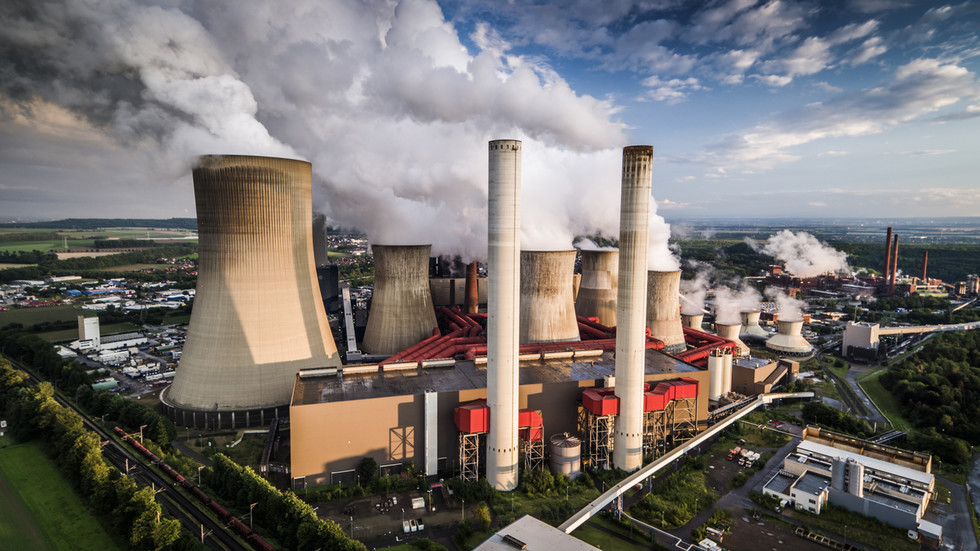
The move is a precautionary measure aimed at helping the country avoid power shortages this winter

© Getty Images / Schroptschop
Germany will reactivate a number of shut-down coal plants in order to save gas and prevent power supply shortages during the upcoming heating season, the country’s Ministry for Economic Affairs and Climate Action (BMWi) announced in a press-release.
According to the ministry, the government on Wednesday issued an order which allows Germany’s largest power producer RWE to relaunch two coal blocks at its Niederaussem plant and another one at its Neurath plant to add extra electricity to the grid. Under the same order, the country’s second-largest producer of coal-powered electricity, LEAG, will reactivate 2 blocks of its Jaenschwalde coal plant.
All facilities were operational last winter, but have been on stand-by since mid-summer. The order comes into force on Thursday, with the coal plants expected to be fully operational until March 2024. Separately, Berlin is also considering extending operations of two RWE coal units at RWE’s Neurath plant until spring 2025.
According to the ministry, the move is a “precautionary hedging instrument for the coming winter.”
“The supply reserve will be reactivated in order to save gas in electricity generation and thereby prevent gas supply bottlenecks in the 2023/2024 heating season,” the press-release stated, adding that the measure will not affect Berlin’s goal of completing the coal phase-out by 2030, nor other climate goals.

The ministry pledged to evaluate the additional carbon emissions caused by the reactivation of the coal plants. It plans to offer compensatory measures by next summer.
Germany’s pivot back to coal came amid concerns over the repeat of last year’s energy crisis, caused by a sharp drop in gas supplies from Russia. Berlin relied on Russia for roughly 40% of its gas prior to 2022, and was among the hardest hit by the reduction in Russian energy flows due to the EU’s Ukraine-related sanctions on Moscow.
While Berlin has since taken steps to replace Russian gas with alternate supplies and lower energy consumption, industry experts have warned of the lingering threat of shortages. According to a recent report from the German gas storage operators group INES, the country will remain in danger of gas shortages during the heating seasons through the winter of 2026-27, unless it adds more fuel infrastructure, storage capacity, and pipeline connections.
The shut-down of Germany’s last three nuclear power plants in April this year further jeopardized the country’s energy security, analysts have warned.
For more stories on economy & finance visit RT’s business section




